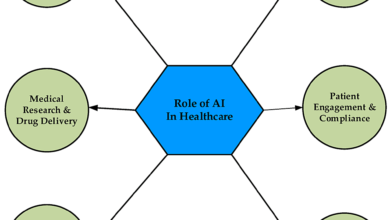SoftBank Plans to Commit $9 Billion to AI Projects

Japan’s SoftBank is reportedly planning to invest nearly $9 billion in artificial intelligence (AI).
The tech company’s outlay for investments and commitments has more than doubled to $8.9 billion in the 12 months since its CEO said the company was ready to go on the “counteroffensive,” the Financial Times (FT) reported Sunday (May 26).
“We will, in principle, be keeping the same kind of trend in terms of the pace of investment activities,” SoftBank’s chief financial officer Yoshimitsu Goto told FT. “From now on, we want to step up investments in AI companies.
“The reason we’ve been keeping our balance sheet at a very safe level is because we would like to be prepared,” he added, “and we would like to be flexible if there is anything that we would like to move on.”
Last year, SoftBank CEO Masayoshi Son, projected that artificial general intelligence (AGI) — a computer system that can match or exceed human thought and reasoning — will become 10 times more powerful than all of humanity by the end of this decade.
“Take advantage of it or be left behind,” Son said.
The report said SoftBank faces some intense competition in the AI space, as tech giants like Microsoft, Amazon and Google have invested billions in partnerships with startups building AI models. In addition, top venture capital companies are hoping to do business with firms building AI products and applications.
In fact, last week saw reports that Microsoft and Amazon have already allocated $40-plus billion combined for AI-related and data center projects around the world this year.
For Microsoft, that means plans to invest more than $16 billion in various countries, including France, Germany, Japan, Malaysia, Spain and Indonesia, The Wall Street Journal reported. At the same time, Amazon has set aside investments of $15 billion in Japan, $9 billion in Singapore, $5 billion in Mexico and $1.3 billion in France.
The move to invest heavily in AI infrastructure overseas is fueled by the desire to tap into the growing worldwide demand for AI technologies, as well as a need to have data centers built in regions where the shift to cloud computing is taking place, making sure processing times are faster, while data remains secure and private.
For all PYMNTS AI coverage, subscribe to the daily AI Newsletter.



